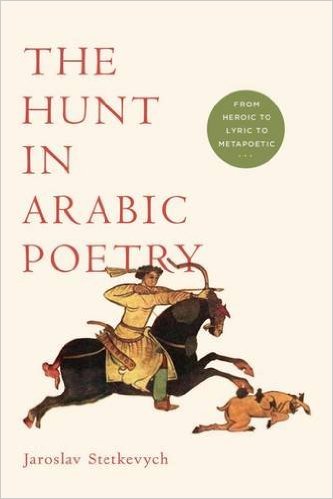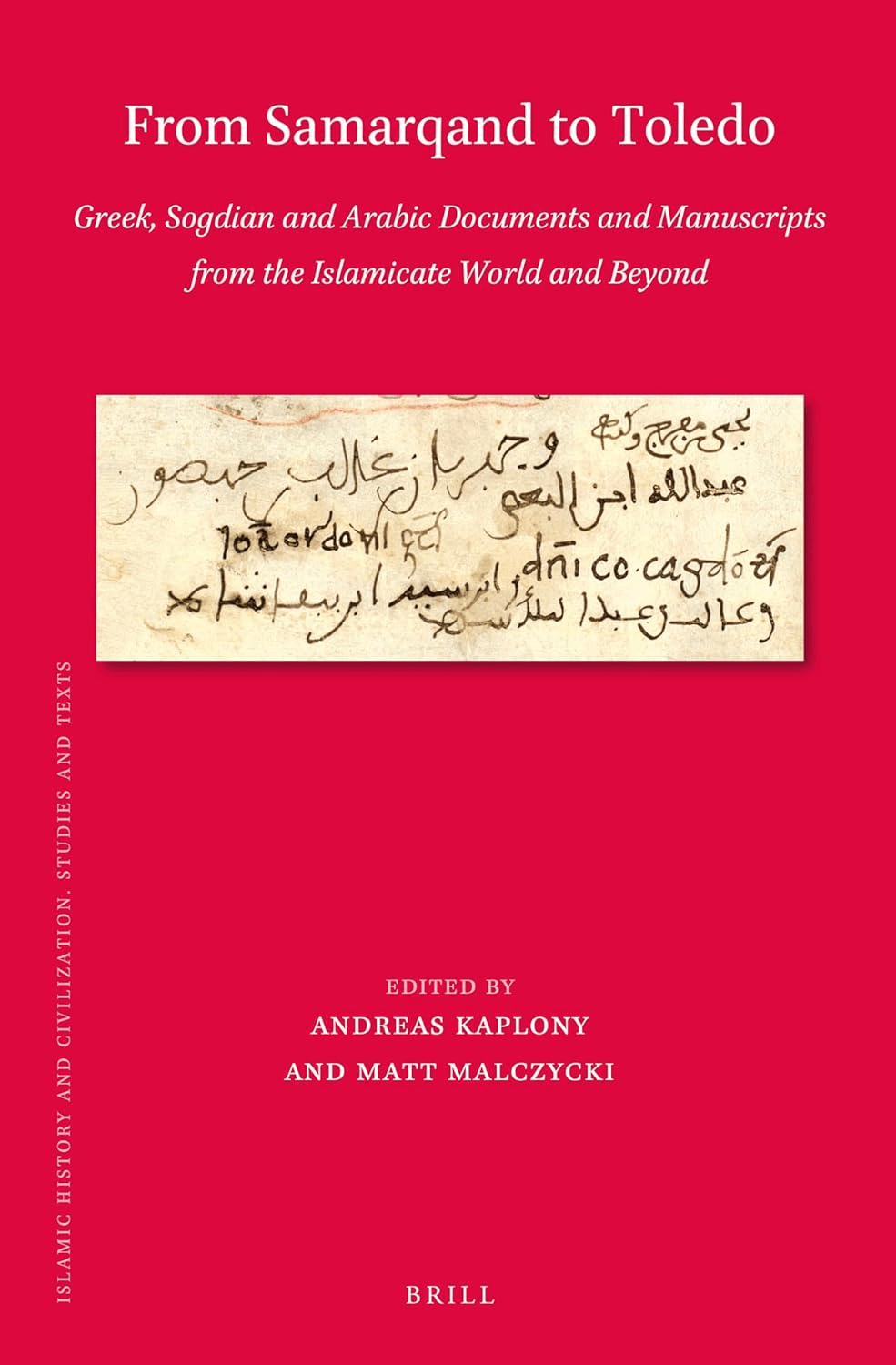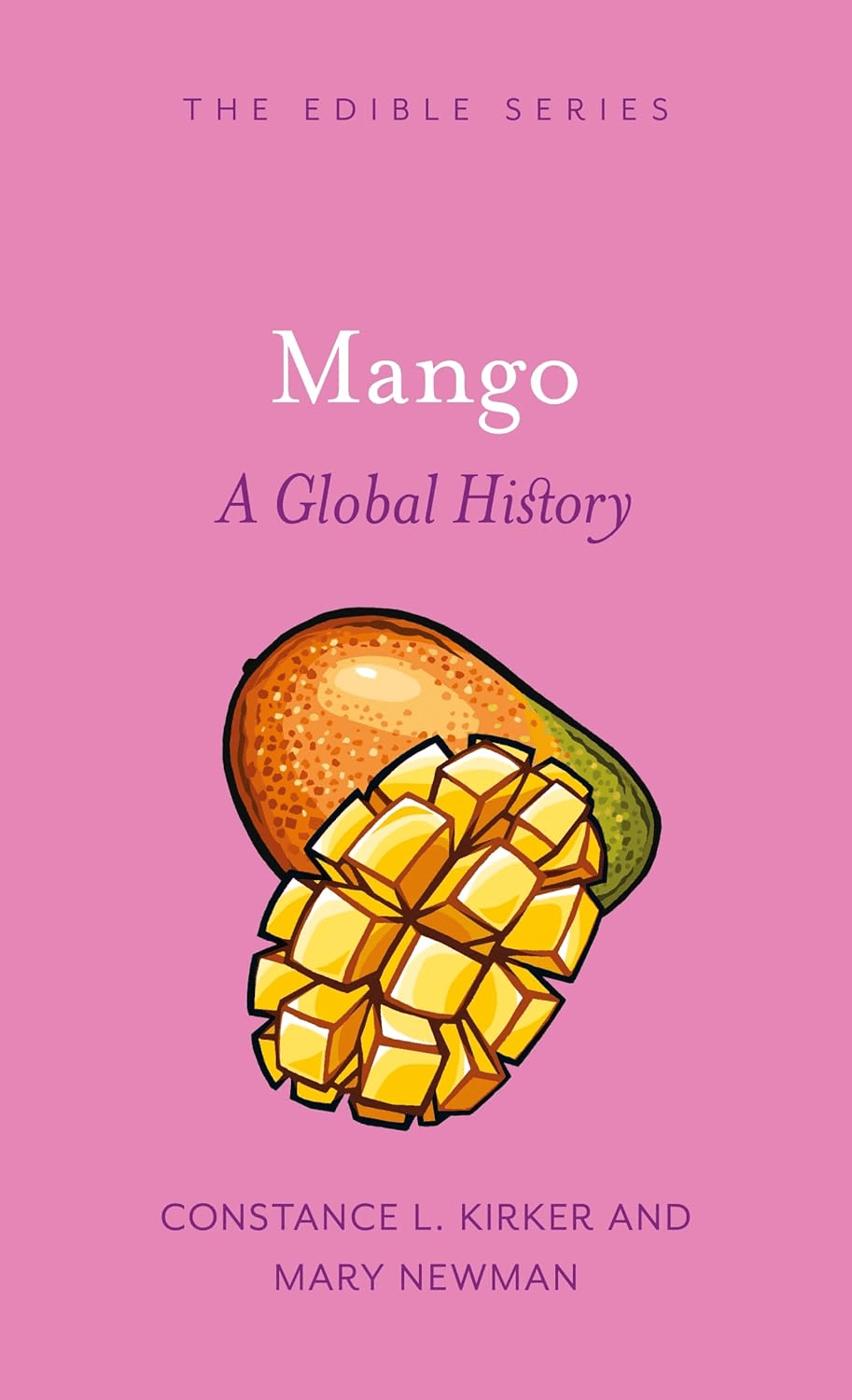
The Hunt in Arabic Poetry: From Heroic to Lyric to Metapoetic
Tom Verde
Jaroslav Stetkevych
2015, University of Notre Dame Press, 978-0-26804-151-9, $34 pb.
The hunt has long been a subject of artistic expression stretching back to the cave paintings at Lascaux, France, rendered in iron oxide some 17,300 years ago. Uniquely, representations of the hunt have endured in the Arabic-speaking world, not so much pictorially as poetically. So argues scholar Jaroslav Stetkevych in this probing study of a little-addressed topic which nonetheless suffuses Arab cultural history. Via his own translations and dissections of wide-ranging samples of the Arabic hunt poem—the tardiyyah—Stetkevych demonstrates how pre-Islamic motifs of “quest” were transformed by medieval Arabic poets into themes of yearning and pursuit. “We dashed out with our hound . . . in the heat of youth’s prime,” wrote the medieval poet Abu Nawas (d. 814 CE). Yet the dawn toward which the youthful hunting party rides “appeared from behind its veil/Like a gray-haired man’s face …,” alluding to the “dark foreboding of inescapable fate,” as Stetkevych observes. Tardiyyah, he argues, lived on in the modern free-verse poetry of Egypt’s Muhammad ‘Afifi Matar (d. 2010), among others, who transformed the traditional “hunt lyric into an allegory of the poet’s search … [for] proof of himself,” an artistic objective not so far removed from the cave paintings at Lascaux.
You may also be interested in...

Old Documents Shed New Light on History in Book Connected to Ancient Islamic World
The painstaking work to recover history—one page at a time—is on brilliant display in this collection of essays focusing on early Arabic, Coptic, Greek, Hebrew, Latin and Sogdian manuscripts.
Book ‘s Take on Mangos Serves Up a Curious Mix of Food and History
Constance L. Kirker and Mary Newman trace mango’s cultural and culinary significance around the world.